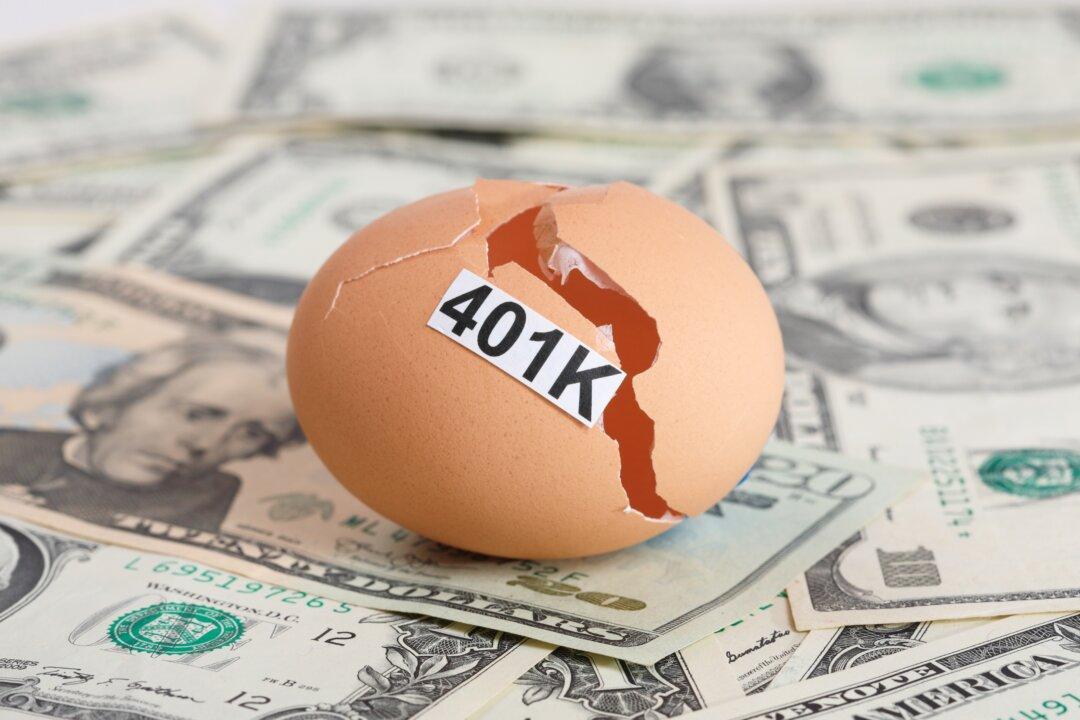Shortly after COVID-19 started and many people lost their jobs, the government permitted penalty-free 401(k) withdrawals for people short on cash. There was a limit to the withdrawal of $100,000, which had to be paid back within three years—if it was to remain penalty-free. Many people took advantage of the opportunity, but hindsight asks whether or not this was a good move.
Thinking Ahead
It is easy to think that you can make up for lost time and rebuild your 401(k) if you borrow from it. The primary problem with this is that you have no idea what will happen tomorrow. Considering that most 401(k)s lost about 20-plus percent of their value over the past year, it reveals that some things may be beyond your control.If you lost a high-paying job, you may not get another one with a similar salary. After all, several candidates would be willing to take your job for considerably less pay—and your previous company would be glad to fill the position on those terms.






